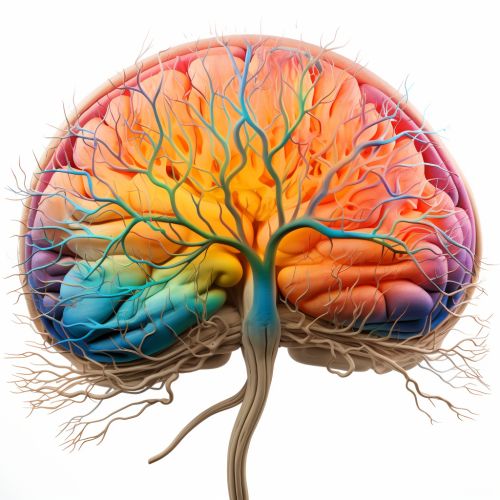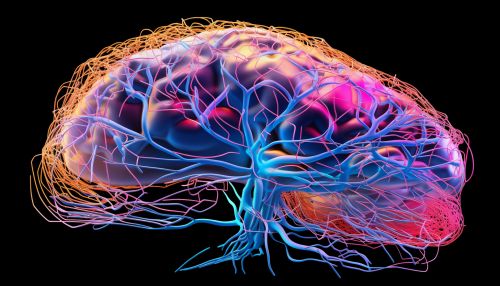Mood
Definition and Overview
"Mood" refers to a temporary state of mind or feeling that an individual experiences. It is a complex psychological phenomenon that can significantly influence an individual's perception, cognition, and behavior. Unlike emotions, which are typically associated with specific events and are of short duration, moods are more diffuse, long-lasting, and often lack a clear cause1.
Biological Basis of Mood
Mood is believed to be regulated by various structures in the brain, particularly those in the limbic system, such as the amygdala, hippocampus, and hypothalamus. These structures interact with the prefrontal cortex, which is involved in decision-making, personality expression, and moderating social behavior.


Neurotransmitters, which are chemical messengers in the brain, also play a crucial role in mood regulation. For instance, serotonin, dopamine, and norepinephrine are associated with feelings of happiness and well-being. Imbalances in these neurotransmitters can lead to mood disorders such as depression and bipolar disorder.
Mood Disorders
Mood disorders are a category of mental disorders characterized by a serious change in mood. The most common mood disorders include major depressive disorder, bipolar disorder, and cyclothymic disorder. These conditions can significantly impact an individual's quality of life and may require long-term treatment.
Mood and Perception
Mood can significantly influence an individual's perception of the world. For instance, when in a positive mood, people tend to perceive things more positively, and vice versa. This phenomenon, known as mood-congruent perception, can influence various aspects of cognition, including memory, attention, and decision-making.
Mood and Behavior
Mood can also influence behavior. For instance, individuals in a positive mood are more likely to engage in prosocial behaviors, such as helping others, while those in a negative mood may be more likely to engage in antisocial behaviors. Additionally, mood can influence risk-taking behavior, with individuals in a positive mood generally being more willing to take risks.
Mood Regulation
Mood regulation refers to the processes by which individuals influence their own moods. These processes can be conscious or unconscious and can involve a variety of strategies, such as cognitive reappraisal, distraction, and problem-solving. Effective mood regulation is crucial for maintaining mental health and well-being.
